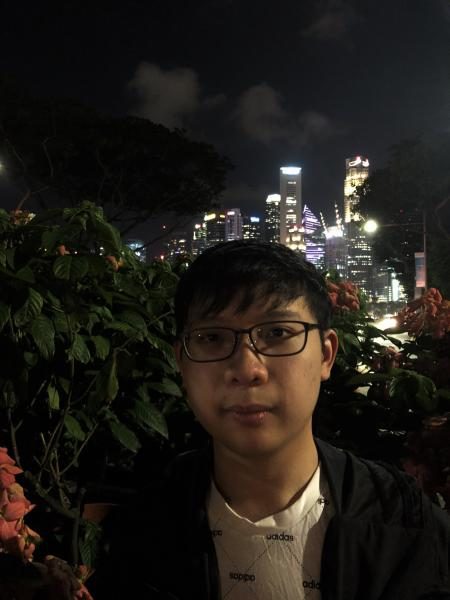‘Losing’ €1.9 billion is, at the very least, careless. Though the true facts about Wirecard’s fall won’t be known for a while, it seems more than likely that there is, in fact, nothing careless about it at all, just another example of misappropriation of funds like the Enron scandal, the Bernie Madoff investment scheme or the Lehman Brothers debacle.
The Disintegration of Wirecard
Until it filed for bankruptcy, Wirecard was a German-based payment processor and financial services company specializing in electronic payment transactions using virtual and physical cards.
Back in January 2019, the Financial Times reported the possibility of false accounting, money laundering and round-tripping in their Asia-Pacific operations. Although they denied any wrongdoing at the time, rumors continued. In April this year, their share price fell through the roof when the auditors announced that certain documentation was missing.
They were investigated, and on 18 June, the ‘loss’ of €1.9 billion was admitted by the company after an audit by Ernst & Young. By 22 June, the CEO, Markus Braun, had resigned, the stock had fallen 72%, and Braun was arrested being accused of “inflating Wirecard AG’s sales volume with fake income”.
Wherever the buck stops this time, this will likely turn out to be another example of greed where the arcane international banking system is manipulated fraudulently for gain. When will such instances stop, and how can they be prevented?
Kenneth Mak’s Thoughts
21-year-old Singapore tech entrepreneur, Kenneth Mak, believes blockchain technology holds the secret to safer, more transparent and more secure financial transactions.
Mak is the product of the prestigious Anglo-Chinese School (ACS), whose motto is “The Best Is Yet To Be,” and his fellow alumni include Kevin Kwan, writer of the Crazy Rich Asians, Singapore’s first Olympic gold medalist Joseph Schooling, and the late R.S. Nathan, president of Singapore from 1999 to 2011. He currently runs a web development agency, and a URL shortener service – URL.io – and is a big fan of both the fintech industry and blockchain technology.
“Blockchain is the key that will secure global financial security,” he says. “Utilized in the right way, this technology will ensure that every transaction is clear and transparent, and no one will be able to cheat the system. Billion-dollar fraud will be a thing of the past.”
Blockchain Security
Blockchain technology began way back in 1991 but came to prominence in 2009 when Satoshi Nakamoto adapted it to produce the groundbreaking cryptocurrency, Bitcoin. Its security stems from three things:
- Each block of information has a fingerprint (the hash) and the fingerprint of the previous block in the chain.
- The proof of work mechanism that slows down the creation of blocks – in Bitcoin, for instance, it takes around 10 minutes to calculate the proof of work and create a new block.
- The peer-to-peer network that validates the blockchain with a consensus.
So to tamper with the chain, you would need to alter all the blocks on the chain, redo the proof of work for each block and take control of more than half of the peer-to-peer network. This makes blockchains almost impossible to hack. In our modern world, the hackers always seem to be one step ahead of security systems, but the decentralized nature of blockchain technology, together with its encryption makes it almost immune to attack.
Mak adds, “Blockchain offers the chance for the fintech industry to come of age and replace traditional methods of financial exchange. And it won’t change just the finance world, but medical records, the creation of digital notaries and even the collection of taxes and anywhere that cybersecurity is important – and that is everywhere.”
Blockchain and cryptocurrency are going to be the future of how we look after our money and trade, and with such big instances of fraud still happening even today, it’s likely to gain popularity with ever gaining speed.
To hear more from Kenneth Mak or to find out more about his current businesses and projects, you can find it all at his online home: www.kennethmak.com.

